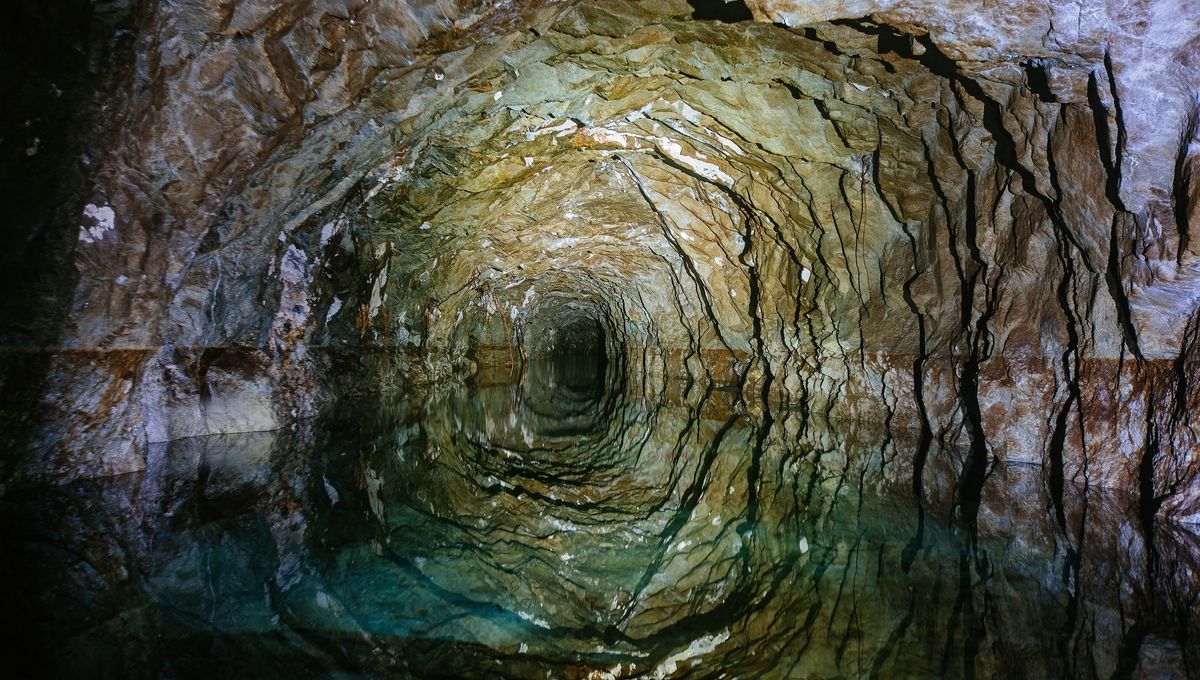
Back in 2016, a team of geologists deep down in a Canadian mine made quite the discovery – flowing water that, when tested, was found to be over 2.6 billion years old. It became the world’s oldest water, but it took over from a find made by the same team in the same mine three years previous – and that time, one of them tasted it.
If this was a movie, this would be the part when everyone sitting in the theater would be internally screaming “NO DON’T DO IT!” – but sometimes you’ve just got to let that little goblin inside your brain win. Or, in this case, because testing out what you’re working on is standard fare for scientists.
“If you’re a geologist who works with rocks, you’ve probably licked a lot of rocks,” Professor Barbara Sherwood Lollar, who led the team, told CNN after the 2013 discovery. Plus, although not the most rigorous of methods, tasting can help to steer you in the direction of the oldest water; the saltier the taste, the older it is likely to be.
Though definitely not safe enough to drink reams and reams of it – Sherwood Lollar pointed out that it was also “scientifically too valuable to waste like that” – the geologist did dip a finger in and stick it on the tip of her tongue.
So, the question we’re sure you’re all begging to know the answer to: what did this forbidden water taste like?
“Very salty and bitter – much saltier than seawater,” according to Sherwood Lollar. Not quite a scathing review, but it doesn’t make it sound particularly appetizing either.
It’s unclear if Sherwood Lollar or any of the rest of the team also tasted the liquid that took over the title of “Earth’s Oldest Water” in 2016, but we can imagine it probably didn’t taste any nicer.
However, what the more recently discovered ancient water may lack in deliciousness is more than made up for by what analysis has told us about it.
“By looking at the sulphate in the water, we were able to see a fingerprint that’s indicative of the presence of life,” Sherwood Lollar told BBC News in 2016. “And we were able to indicate that the signal we are seeing in the fluids has to have been produced by microbiology – and most importantly has to have been produced over a very long time scale.”
“The microbes that produced this signature couldn’t have done it overnight,” the geologist added. “This has to be an indication that organisms have been present in these fluids on a geological timescale.”
Showing traces of ancient microorganisms? It might not taste great, but that’s some pretty special H2O.
Source Link: Why Did The Geologist Who Discovered The Oldest Water On Earth Taste It?